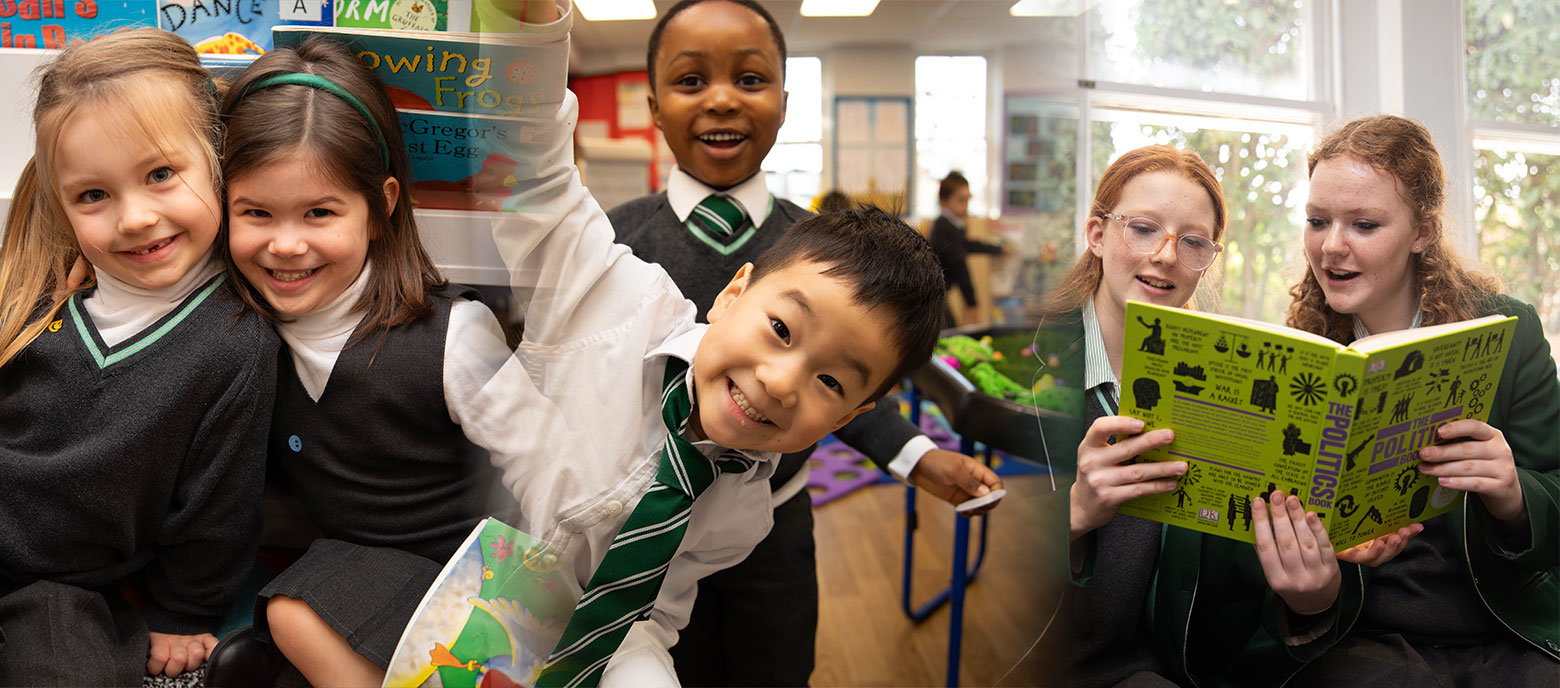Why helping pupils to find their voice in school is so important, and possible.
We are often given the impression that the current generation of teenagers are terrified at the prospect of direct interaction, and that they prefer to interact through screens. Even answering a phone call is seen as a bridge too far (although studies find that this symptom extends to Millennials and beyond). Yet is this portrayal fair?
There is no doubt that these communication skills, and not least public speaking, are important, and will only become more so in the years ahead. With advances in AI, the ability to do things which computers can’t, will be a prized asset, and so human interaction, the ability to explain, persuade and encourage, should be a focus in schools and further education.
Public speaking still has a place as one of the great phobias in modern society (often found in surveys as one of people’s top ten anxieties). This often stems from a feeling that it is a gift which people either have or don’t have. Certainly, when I was at school, it was not something which was rigorously taught, and I had to learn the hard way, later in life.
Yet everyone can learn this skill. Just before half term, I watched the Year 7 to 9 Public Speaking Competition at Surbiton High School and saw pupils speaking with composure and assurance to a packed hall (when I spoke myself as part of the occasion, I felt they had set me a standard to live up to!). But more important was the fact that the final was the culmination of a process in which all pupils in those year groups had to make a speech within their English lessons. This normalised an expectation that everyone could stand up and address an audience.
This is at the heart of demystifying the skill of oracy. Teenagers (and adults) can think of public speaking as addressing with great rhetoric a large audience from a high platform. But this doesn’t have to be the accepted picture. From my own teaching, I have found that the greatest encouragement for pupils comes from reframing this skill as “explaining something you understand to some other people”. When schools do this, and when they embed these opportunities systematically into the curriculum and wider experiences, this vital skill can grow in pupils, and give them the confidence to find their voice.
Written by Mr Matthew Shoults
Principal, Surbiton High School





